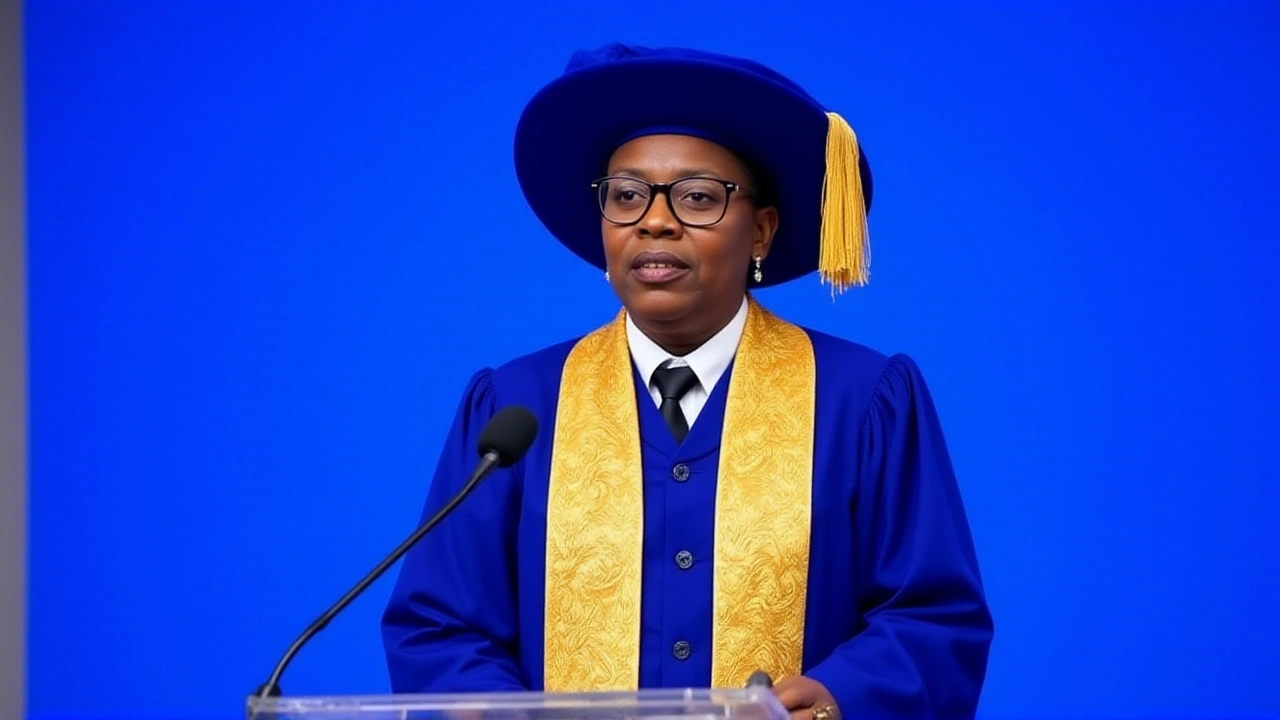When you hear the name Bola Ahmed Tinubu, you instantly think of Nigeria’s political scene. He’s not just another politician; he helped shape the country’s modern governance. Whether you love him or criticize him, his story tells a lot about how power works in Nigeria today.
Born on March 29, 1952, in Lagos, Tinubu grew up in a middle‑class family and later moved to the United States for college. He earned a degree in business administration and worked in the oil industry before returning home. That business background gave him a pragmatic view of politics, which he put to use when he entered public service.
Back in Lagos, Tinubu started as a councilor in the early 1990s. He quickly gained a reputation for being a strong organizer and a strategic thinker. In 1999, after Nigeria returned to civilian rule, he was elected Governor of Lagos State. During his two terms, he focused on improving infrastructure, reforming the tax system, and expanding education.
His tenure as governor earned him the nickname “Jagaban,” a term meaning a leader who commands respect. He also built a network of younger politicians who later formed the core of the All Progressives Congress (APC), Nigeria’s biggest opposition party at the time. This network helped the APC win the 2015 presidential election, ending decades of rule by the People's Democratic Party.
After the 2015 victory, Tinubu stayed behind the scenes, pulling strings and advising presidents. In 2023, he ran for president himself and won, becoming the country’s president. His administration promises economic reforms, anti‑corruption measures, and a stronger security agenda.
Critics say his rise also brought concerns about wealth concentration and favoritism. Several investigations have looked into his businesses and alleged ties to foreign firms. Supporters argue that his experience and connections are essential for moving Nigeria forward.Regardless of the debate, Tinubu’s influence stretches from Lagos streets to the nation’s highest office. He’s known for building alliances, mobilizing voters, and shaping policy directions that affect millions.
If you’re trying to understand modern Nigerian politics, keeping an eye on Bola Ahmed Tinubu’s moves is a good start. From his early days as a councilor to the president’s office, his journey shows how ambition, networks, and a bit of controversy can redefine a country’s political landscape.
Posted by
Siseko Tapile
12 Comments

Governor Siminalayi Fubara pledges to pay any price for peace after President Bola Tinubu’s eight‑point deal, amid heated criticism and political fallout in Rivers State.
read more